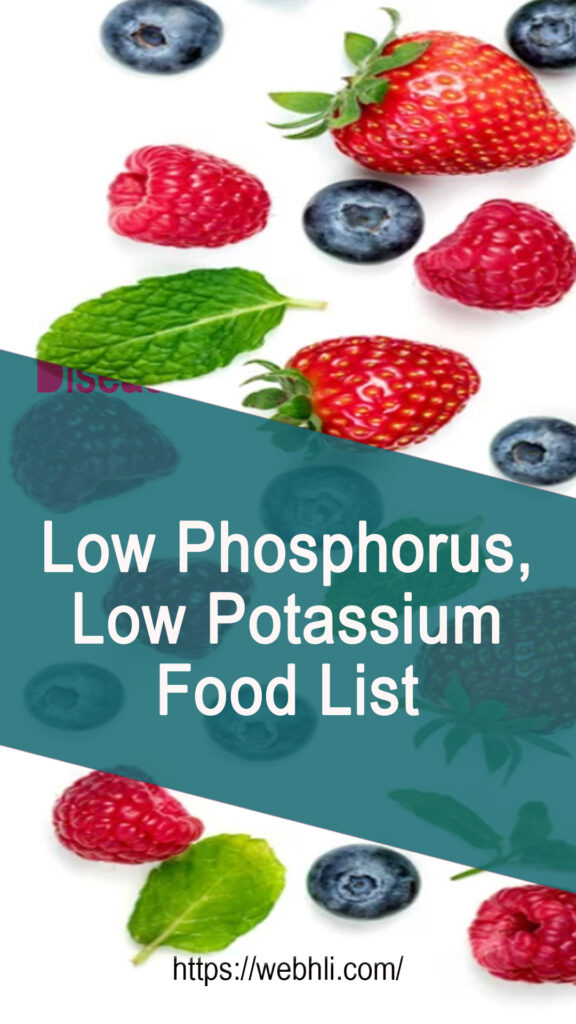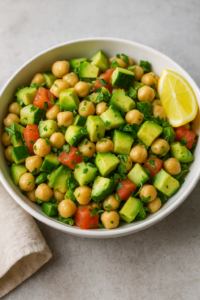
Managing your intake of phosphorus and potassium is crucial for maintaining kidney health, especially for individuals with chronic kidney disease (CKD) or those on dialysis. High levels of these minerals can lead to serious health complications. Here, we provide a comprehensive list of low phosphorus and low potassium foods to help you make healthier dietary choices.
Low Phosphorus Foods
Phosphorus is found in many foods, but certain items are lower in this mineral and safer for those needing to limit their intake.
- Fruits and Vegetables
- Apples
- Blueberries
- Strawberries
- Cabbage
- Cucumbers
- Peppers
- Grains and Cereals
- White bread
- Rice
- Pasta
- Cornflakes
- Cream of wheat
- Dairy Alternatives
- Almond milk
- Rice milk
- Coconut milk
- Protein Sources
- Chicken (skinless, boneless)
- Turkey
- Fish (like cod or tilapia)
- Egg whites
- Snacks and Beverages
- Popcorn (unsalted)
- Rice cakes
- Lemonade
- Ginger ale
Low Potassium Foods
Potassium is another mineral that needs to be monitored closely. These foods are low in potassium and suitable for those needing to limit their intake.
- Fruits
- Apples
- Berries
- Grapes
- Pineapple
- Watermelon
- Vegetables
- Green beans
- Carrots (cooked)
- Cauliflower
- Cucumber
- Lettuce
- Grains and Cereals
- White rice
- White bread
- Cornflakes
- Puffed rice cereal
- Protein Sources
- Chicken (skinless, boneless)
- Turkey
- White fish
- Egg whites
- Dairy Alternatives
- Rice milk (unenriched)
- Almond milk (unenriched)
Tips for Managing Phosphorus and Potassium Intake
- Reading Labels: Always check food labels for phosphorus and potassium content. Some processed foods and drinks can have added phosphorus or potassium.
- Cooking Methods: Boiling vegetables can help reduce their potassium content. Avoid using cooking water in soups or sauces as it can contain high levels of these minerals.
- Working with a Dietitian: A registered dietitian can provide personalized advice and meal plans to help manage your phosphorus and potassium intake effectively.
Conclusion
Maintaining a diet low in phosphorus and potassium is essential for those with kidney issues. By choosing the right foods and being mindful of cooking methods, you can better manage your mineral intake and support your overall health. Always consult with healthcare professionals to ensure your diet meets your individual needs and requirements.



 Protected by Patchstack
Protected by Patchstack